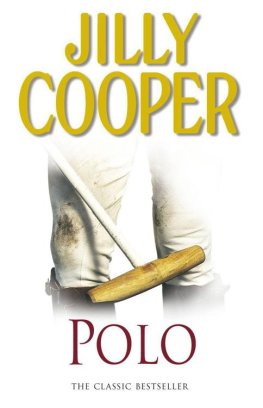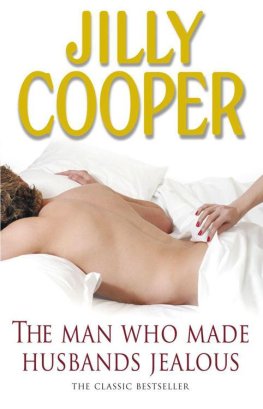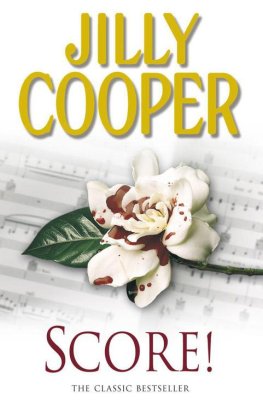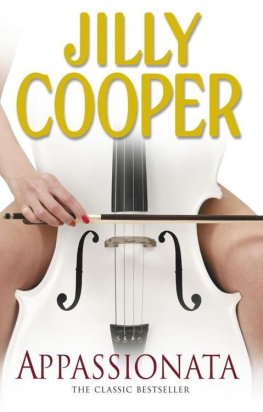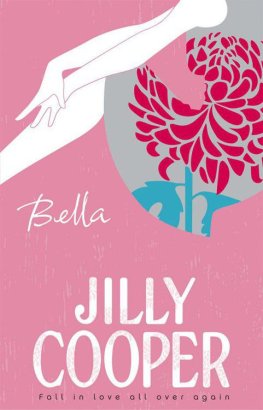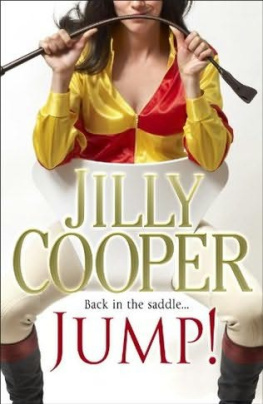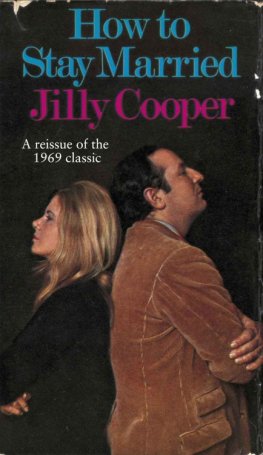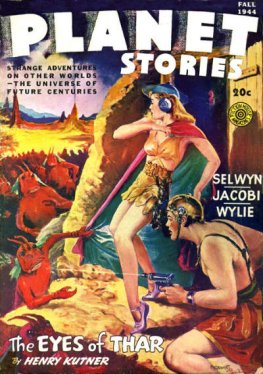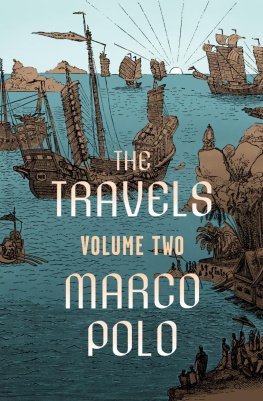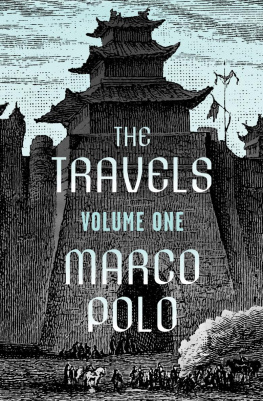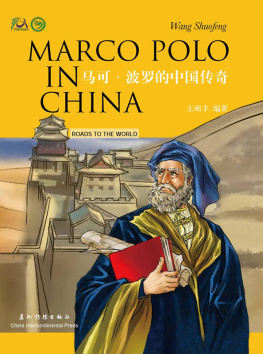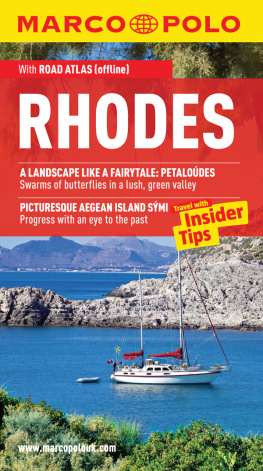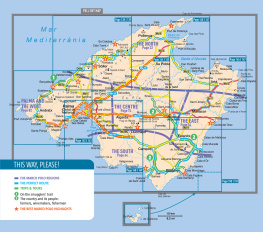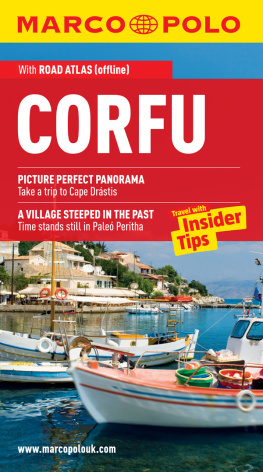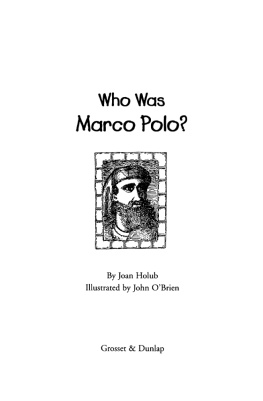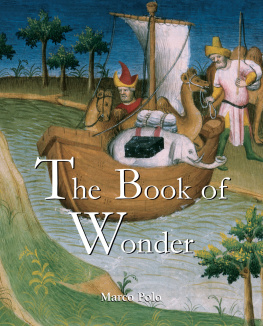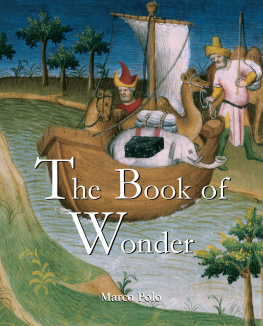Jilly Cooper
POLO
A LEGEND OF FAIR WOMEN AND BRAVE MEN
To Felix
with all love
To avoid confusion, I should point out that although Polo brings back many of the characters from my earlier books Riders and Rivals, it is not, in the strictly chronological sense, a sequel. The story begins in the very early 1980s, a year after Riders ended and Rupert Campbell-Black split up from his wife Helen. It finishes in the late 80s, two years after the end of Rivals.
A word of explanation is in order about the handicapping system in polo which is at least as complicated as A level maths.
A full game of polo consists of six chukkas of approximately seven minutes each. There are four players in each team: a forward at No. 1, two midfield players at Nos. 2 and 3 and a back at No. 4. Every player has a rating known as a handicap, which is reassessed by the polo authorities twice a year. These handicaps reflect individual ability and range from minus two for an absolute beginner up to a maximum of ten for the very best players. No Englishman has been rated at ten since the Second World War.
The term high-goal polo in England means that the aggregate handicap of a team entered for a particular tournament must be between 17 and 22. A 22-goal team, for example, could be composed of a forward with a handicap of two, two midfield players, each on eight, and a back on four. In Palm Beach, where the standard is higher, the ceiling for a high-goal side is 26, and in Argentina as high as the ultimate 40, with each of the members of the team on ten. No player can take part in high-goal polo unless he has at least a handicap of one.
In medium-goal matches the aggregate handicap of the team is normally between 16 and 12 and in low goal between 8 and 0.
Most tournaments are based on handicap. Thus the team with the higher aggregate concedes goals at the start of a match to the other side.
One of the joys of writing this book has been the friends I made during my research. I have seldom encountered more charming or helpful people than among the polo community. Travelling alone to strange places can be very daunting. I am therefore eternally grateful to Ronald Ferguson and Pilar Boxford for opening so many doors for me and, above all, to Geoffrey and Jorie Kent in Palm Beach and Jean-Jacques and Zou Zou de Wolff and their family in Argentina for offering me endless hospitality, the run of their yards, introductions to top-class players, grooms and ponies alike, and transforming what might have been a terrifying ordeal into a great adventure.
Many other people helped me. Like those referred to above, they are all skilled in their own fields, but, as I was writing fiction, I only heeded their advice in so far as it fitted my story. The accuracy of the book in no way reflects their expertise or their views. They include:
Anthony and Mary Abrahams, Sally Armstrong, Paula Atkins, Susan Barrantes, Garth and Diana Bearman, Steve and Sandi Berg, Garth and Pat Booth, Michael Brown, Nene Martinez Castro, Peter Cadbury, Johnnie Cahen-DAnvers, Alina Carter, Charles and Tita Carter, Sarah Clark, Louise Cooper, Richard and Rosie Costelloe, Leone Cran, Francis Craven, John and Liza Crisp, Robert Cudmore, Kuldip Singh Dhillon, Gabriel Donoso, Richard Dunhill, Taylor Duvalle, John Ellis, Tom and Gilly Emerson, Susan Ferguson, Tom Fletcher, Tracy Forman, Edward Fursden, Cecil Gifford, Martin Glue, Peter and Elizabeth Grace and their daughters Jane, Pippa, Victoria and Katie, Edward Green, Janet Greep, Terry Hanlon, Ritchie Harrison, Anthony and Sue Hayden-Taylor, Felicity Higson, Howard and Camilla Hipwood, Julian and Patricia Hipwood, John Horswell, John Hunter, Richard Jarvis, Gregg Keating, Chrissie and Brett Kiely, Dee Kiely, Alan and Fiona Kent, Kate Kavanagh, Robert and Sandi Lacey, Manuel Lainez, Mary Latz, Philippe Leopold-Metzger, Robert and Barbara Lindemann, Norman and Aly Lobel, Stewart Lodge, Dora Lowenstein, William Lucas, Cassandra MacClancy, Stuart and Chrissie Mackenzie, the late Charles Mackenzie-Hill, Anthony Marangos, Cassandra Marchessini, David Marchwood, Ted Marriage, Gil Martin, Sherry Merica, George and Sarah Milford-Haven, Edgar Miller, Sheila Murphy, Caroline Neville, Alex Olmos, Joan Pardey, Andrew Parker-Bowles, David Phillips, Hilary Pilkington, Mike Ponting, Billy and Dawn Raab, Laura Lee Randall, Timmy Roach, Derek Russell-Stoneham, Edwina Sandays, Maggie, Allan and Warren Scherer, Andrew Seavill, Anthony Sebag-Montefiore, Sam and Angie Simmonds, J.P. Smail, Adam Snow, Scott Swedlin, Harriet Swift, Peter Thwaites, Henry and Mandy Tyrone, Andrea Vianini, Walter Wade Welsh, Alana Weston, Caroline Wheeler, Jack and Marjory Williams, Nick, Ginny, Zoe and Rod Williams, Francis Willey, and Paul Withers.
Nor as a writer does one automatically expect generosity from ones own profession, but few could have been kinder or more unstinting with encouragement, time and advice than William and Lilo Loyd, John and Lavinia Watson, John and Cilla Lloyd, Hugh and Maria Ines Dawnay, and Michael Hobday.
Although I enjoyed hospitality in polo clubs internationally, I am especially privileged to live near one of the loveliest polo clubs in the world, Cirencester Park. I would therefore like to thank the Earl and Countess Bathurst, The Hon. Mark and Rosie Vestey and, particularly, Douglas and Sally Brown, Ronnie and Diana Scott, Alison Roeves, Eika Clark, Claire Millington, Sarah Ridley, Ted Allen and all the other staff and members of the club for all their tolerance, friendliness and co-operation.
I must also stress that Polo is a work of fiction, and none of the characters is based on anyone, except when they are so famous or so central to the polo world as Ronald Ferguson or Terry Hanlon are that they appear as themselves. Any resemblance to any living persons or organizations is purely coincidental and wholly unintentional. The polo world, however, is full of legends and wonderful anecdotes, and if an incident or a line of dialogue is attributed to a character in the book, this character is on no way intended to portray the original subject of the anecdote or the speaker of the line of dialogue.
Polo took a long time to write. I am therefore deeply grateful to my publishers at Transworld: Paul Scherer, Mark Barty-King, Patrick Janson-Smith, and all their staff for their kindness and encouragement. I also had marvellous editorial help from Diane Pearson, Broo Doherty and Tom Hartman.
In addition I am immeasurably lucky to have Desmond Elliott not only as my literary agent, but as my best friend.
Polo is a very big book and consequently I owe a vast debt of gratitude to Annette Xuereb-Brennan, Annalise Dobson and Anna Gibbs-Kennet, who bravely deciphered my ghastly handwriting and typed great chunks of the manuscript; and also to Beryl Hill, Diane Peter, Jane Brooks, Chris Ingersent, Verity Tilling and Catherine Parkin, who all typed individual chapters. Thanks should also go to Tony Hoskins and Diane Stevens for driving me to numerous polo matches.
Nor could the book ever have been written without the stoical back-up of Ann Mills, whose obstacle race over the piles of books and papers to clean my study resembled participation in the Grand National rather than a polo match, or Jane Watts, my PA, who spent hours collating manuscripts, transcribing corrections and generally providing cheer and comfort when I despaired the book would ever be finished.
It is not easy living with a writer, who is totally absorbed when a book is going well and suicidal when it is going badly. Therefore the lions share of my gratitude must go to my family, including my mongrel Barbara and her agent Gypsy (who met a very nice class of dog at polo matches) for their endless understanding and good cheer.

